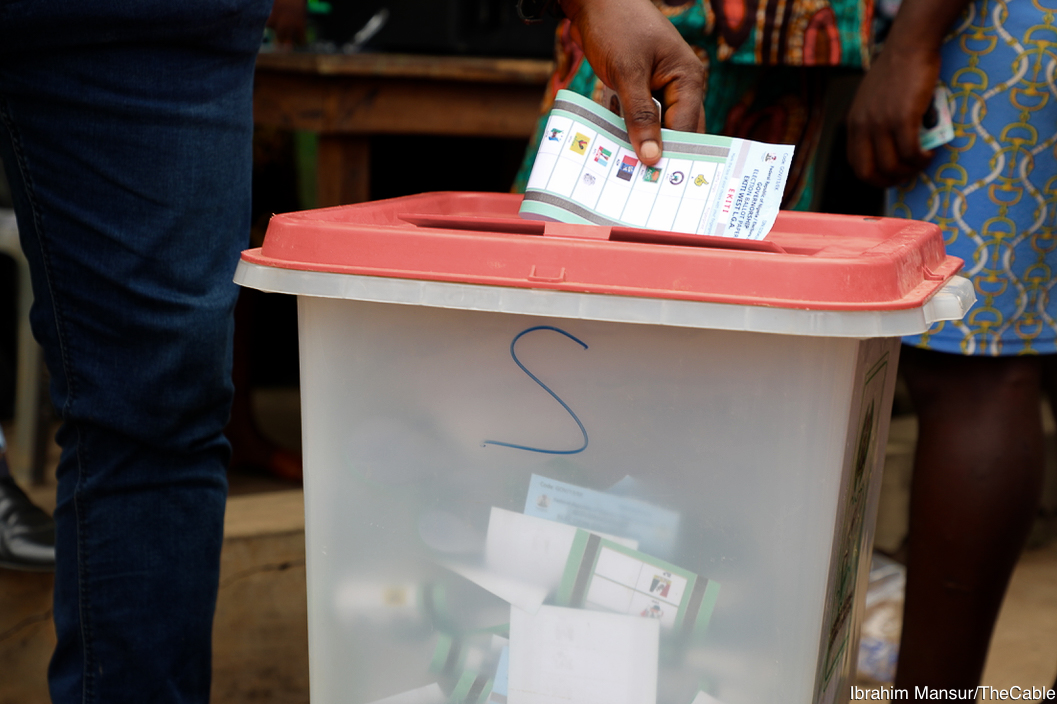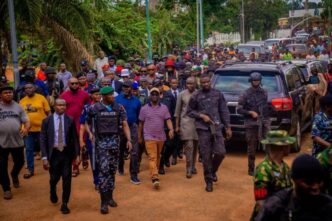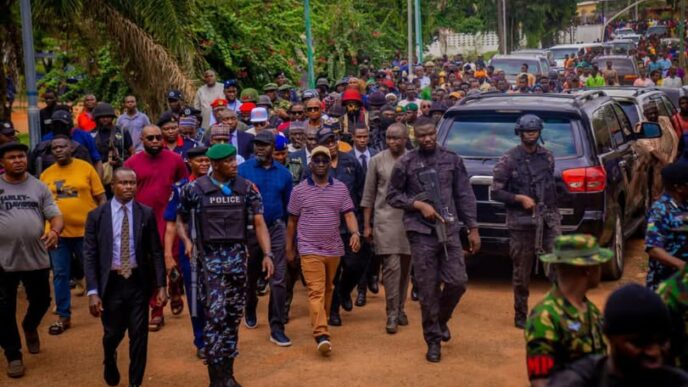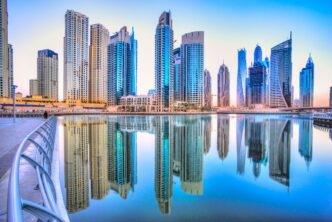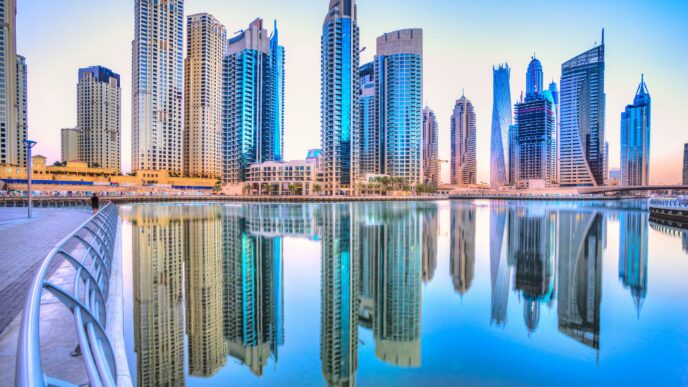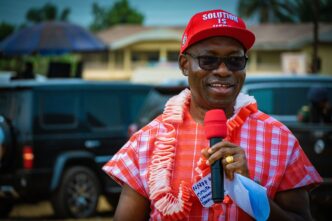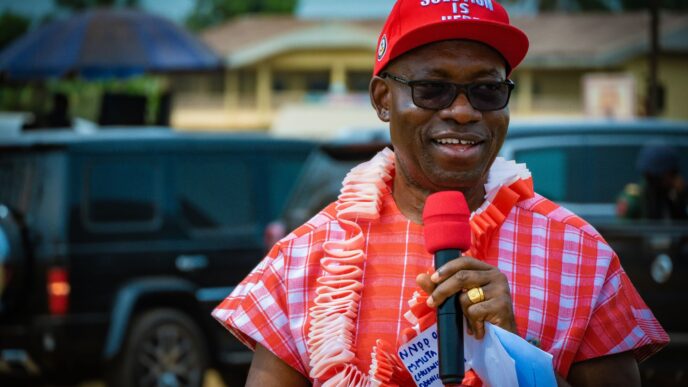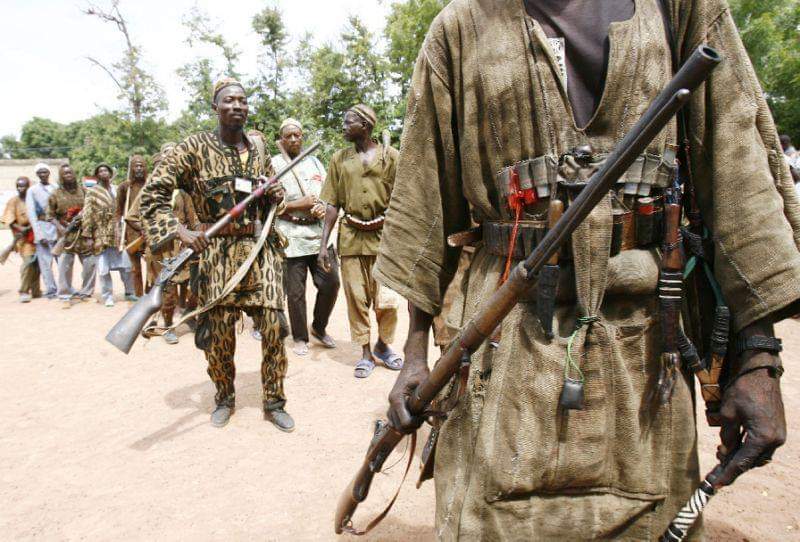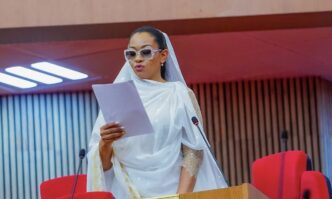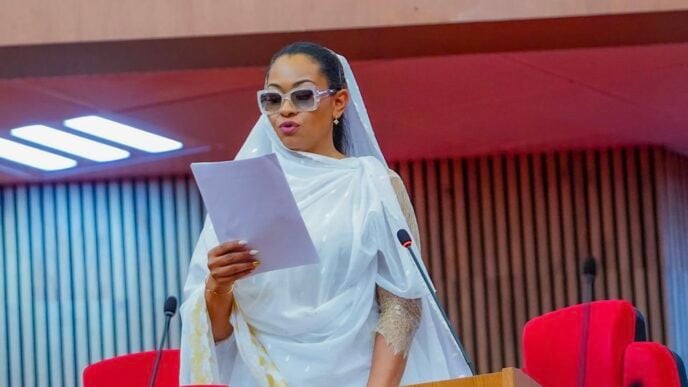“Party supremacy” is a beautiful concept if you’re in China. There, the Communist Party is supreme by law. The Chinese constitution makes it explicit: the Party leads everything. But here in Nigeria? “Party supremacy” is just a phrase pulled from the air like a horror movie spell used by politicians who’ve lost control of their narrative and now rely on intimidation in place of persuasion.
It’s almost comical. When politicians in Nigeria say “party supremacy,” it’s usually to shut down dissent, force undemocratic consensus, or justify backdoor decisions. But in a constitutional democracy like ours, party supremacy is not law. The 1999 Constitution of the Federal Republic of Nigeria (as amended) is. Section 1(1) is crystal clear: “This Constitution is supreme and its provisions shall have binding force on all authorities and persons throughout the Federal Republic of Nigeria.”
That includes parties, politicians, and their godfathers.
So, no, a party is not above an elected official. An elected official derives their mandate directly from the people—not from a caucus of party leaders meeting in private quarters. Yet, we keep pretending like we’re in a one-party state, all while claiming to be democratic.
Advertisement
I often hear people say, “Let’s just create a new party.” As though it’s some magical shortcut to fixing Nigeria’s problems. A clean slate! A fresh broom! But the truth is, political parties in Nigeria are like jollof rice at a wedding it’s just different names, same pot. What we need isn’t another batch of party registration forms at INEC; what we need is a generation that understands the actual playbook and decides to play to win.
And that’s where our real problem lies: political illiteracy.
Despite the vibrancy of our democracy on paper, political illiteracy remains one of Nigeria’s most devastating plagues. And I don’t mean just reading and writing
Advertisement
I mean the inability to understand the basic workings of politics and governance. This ignorance isn’t just on the streets; it exists among the so-called elite, the middle class, and even within NGOs and “advocacy” spaces.
Because many people do not understand how political parties work or why they matter, they treat party participation like it’s beneath them. They sneer at party meetings, mock the delegates, and stay far from ward congresses. Then, when outcomes are rigged or poor candidates emerge, they sit on Twitter complaining about structure.
You want change? You infiltrate. You organise. You dominate.
But instead, we’re out here using microscopes to search for “ideology” in political parties where even their constitutions are missing in action. Delegates, rather than being empowered decision-makers, are treated like anacondas that are fed heavily just before primaries so they become too sluggish to resist.
Advertisement
Yet, no political party in Nigeria today has one million dues-paying members. Not one. And that’s not just a sad statistic but it’s a direct reflection of our political unseriousness.
Section 75 of the Electoral Act 2022 mandates parties to maintain a register of members and submit this to INEC not later than 30 days before their primaries. But in reality, many of these “registers” are WhatsApp groups populated by ghosts, recycled contacts, and people who didn’t even know they were “registered.” So when people scream about “structure,” it’s often a euphemism for vote-buying logistics, not actual grassroots engagement.
INEC currently has over 50 pending political party registration applications. Everyone wants to form the next big party. But forming a party isn’t the challenge in building one. That takes ideology, consistency, leadership, and, most importantly, people, real members who pay dues, attend meetings, and run for internal offices. Until we understand this, we’ll keep mistaking branding for substance.
And this is where I have to call out some NGOs and civic organisations many of whom, though well-intentioned, are teaching the wrong script.
Advertisement
Rather than educating citizens on how to navigate the political system, they romanticize it. They frame political participation as a moral purity test, telling young Nigerians to stay away from the “dirty” parties. They paint political structures as inherently evil instead of something to be shaped. And so we now have a generation of potential changemakers who think protesting outside the system is more powerful than reforming it from within.
Let me be clear: no political party is perfect. Not here, not in the U.S., not in the U.K. Democracy is a battlefield of ideas, interests, and negotiations, not a fairy tale. The difference between active citizens and passive complainers is that active citizens understand the rules of the game and step onto the field.
Advertisement
And yes, political parties in Nigeria often lack ideology but ideology is built. It’s developed by the people inside, not handed down from the heavens. So, if you want your party to be progressive, be the progressive who joins the party, writes the motions, wins the debates, and runs for its NEC. That’s how parties evolve.
Now, the real kicker: The people with the most political awareness, the ones who understand governance and policy, are often the least involved. They’re too busy tweeting threads, writing white papers, or creating “alternative” movements with no roots. And then they wonder why politicians with zero policy depth continue to win.
Advertisement
It’s simple. Those politicians show up. They attend ward meetings. They lobby the gatekeepers. They feed the anacondas. They play the game.
And when they win, they scream “party supremacy”, not because it’s constitutional, but because they know nobody will challenge them with the facts.
Advertisement
So here’s the punchline: Nigerian politics isn’t chess, it’s draughts and The board is wide open. The rules are clear. And anyone with the courage to jump and the patience to understand the game can get crowned.
This isn’t a call to burn down the house. It’s a call to pick up your toolkit and renovate the structure. Join a party. Build your bloc. Write your own ideology into its fabric. Nigeria isn’t short of good people it’s short of good people who are present.
The future of our democracy won’t be decided by tweets or protests; it’ll be decided at ward congresses and primary elections, by people who understand that democracy is not about noise, but numbers.
The game is on. The only question is: are you on the board or still watching from the sidelines?
Views expressed by contributors are strictly personal and not of TheCable.

